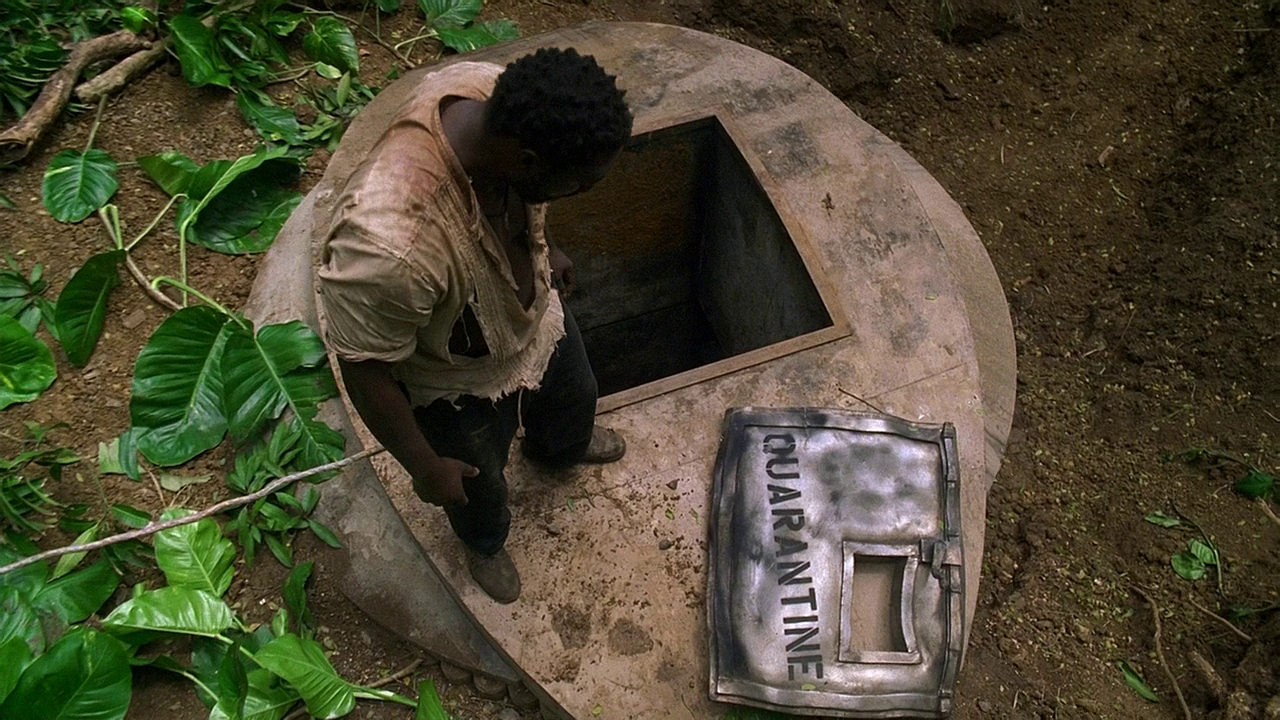The Numbers
Mr. Eko looks into the Swan Station hatch on LOST, which is a great show to watch if you have a lot of time on your hands.
“The numbers are bad!” -Hurley, LOST
Up is good and down is bad -- those are the rules and they’re fucking me up. It was bad enough before the pandemic, when my obsession with growth sparked a dopamine thrill at the site of big numbers. More money in the bank, a high score on the little dinosaur game you can play when the internet cuts out, a spike in traffic on this blog. I was born obsessed with with climbing values. I wanted to work more hours, have more friends, read more books, play more games.
But now I’m confused on a deep, emotional level. As the coronavirus spreads through the world’s population, suffocating us and triaging our most vulnerable into early graves, we’re quantifying loss through the language of growth. Positive numbers representing an absence of life. A bigger void than we’ve ever seen, and it’s expanding with all the energy of our most positive language. Exponential growth, shattering records, setting benchmarks and surpassing expectations. We’re using up language to describe a down world, and more feels good.
Really what we’re seeing is a sharp decline in life. The life rate is shrinking, dropping off, plummeting. This is less life than we’ve ever seen and we’ll see even less before this is done. There are less people now than there were when we woke up.
One might argue big numbers feel bad when you’re losing to an opponent. That the virus is scoring higher than us. But that implies competition. That there’s some other number representing our own score, and that by working hard we can outpace, out perform, and outgrow something that doesn’t even know we exist. And let’s face it, we might not for long, incentivising our annihilation with adjectives until there’s no bodies left for the virus and no brains left for the numbers. Market ubiquity.
